You own a soap business and want to transport your goods from a factory to a distribution center for a major retailer. How do you do this cheaply, quickly, safely, and without damaging your products? Your best bet here is the Truckload Shipping method.
What is Truckload Shipping, you ask? Well, let’s find out.
What is Truckload Shipping?
Truckload Shipping is a method of transporting goods by road. The freight is transported in large truck trailers across long distances. These trailers can carry up to 45 pallets, hold up to 43,000 pounds of goods, and can also be 48 to 53 feet in length.
The freight is transported in large volumes through two kinds of truck-based transportation—the Less than Truckload (LTL) and the Full Truckload (FTL) shipping methods.
There is one crucial difference between the two methods. Less than Truckload Shipping means that the truck carries goods from different businesses that have to share the space. Full Truckload Shipping only carries loads from a single supplier who has the truck all to themselves.
In a Full Truckload, the soap bars from your business will make up all the freight in the truck trailer. In a Less than Truckload Shipping method, the soap bars are transported with freight from other businesses; for example, there might be freight from a shampoo business.
Truckload Shipping rates depend on several factors, including load type. For instance, Full Truckloads tend to have cheaper and more reliable rates. The rates also depend on the freight in these loads, for instance, if the goods are perishable.
Shipping rates and methods are further shaped by the time and destination of the freight. Urgent deliveries and long distances can increase costs as well as seasonal weather changes and natural disasters that cause the shipping deliveries and timings to vary.
What Makes Truckload Shipping Different?
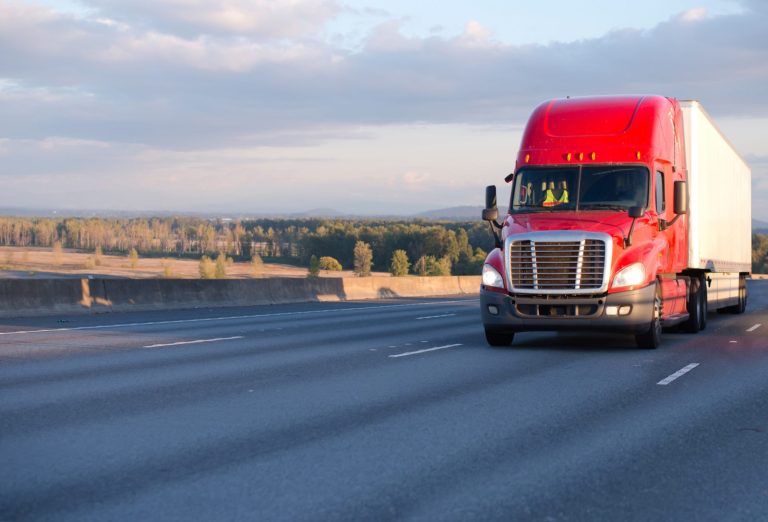
E-commerce stores and large businesses use multiple transportation techniques to get their products from point A to B. When it comes to inland options, they can use airplanes and even trains to transport goods. So why choose Truckload Shipping?
Well, for one, Truckload Shipping fulfills all the roles of other transportation methods and manages to do it faster. It can transport and refrigerate perishables the same way airplanes can, and it can transport freight on land like trains—all with lower dead-heads and faster transit times.
Suppose you had a frozen food business. You could choose either Truckload Shipping or airplanes to get your food delivered to another city or country. Truckload Shipping is relatively cheaper, especially since the rates are negotiable.
Similarly, if you had to transport your line of sports goods across towns, truckload shipping will be relatively faster and cheaper than cargo trains.
Types of Truckload Shipping
A business can choose between dry van, flatbed, and refrigerated truckload shipping options to suit their needs. These options can also be cheaper than other transportation methods, lowering the overall transport costs.
Dry Van Truckload Shipping
Dry Van Truckload Shipping is a popular method for transporting goods that do not require refrigeration. These enclosed trailers provide protection from weather conditions, theft, and damage during transit. Their versatility makes dry vans suitable for many types of products, including consumer goods, electronics, and non-perishable items.
Flatbed Truckload Shipping
Flatbed Truckload Shipping is a great option for transporting large, heavy, or irregularly shaped goods. These trailers offer an open and flexible platform without sides or a roof, allowing for easy loading and unloading using cranes, forklifts, or other equipment. This makes flatbeds ideal for transporting construction materials, machinery, steel, and other oversized cargo.
Refrigerated Truckload Shipping
Refrigerated Truckload Shipping is a crucial solution for maintaining exact temperature control for sensitive good. These trucks, often known as reefers, come equipped with refrigeration units that regulate temperature ranges during transportation. Refrigerated Truckload Shipping safeguards perishable items like fresh produce, dairy products, pharmaceuticals, and floral arrangements.
How Does Truckload Shipping Help Business?
Truckload Shipping can help you maintain the quality of your goods, drive down transportation costs, and ensure efficient delivery.
In short, it can be good for business. Here’s how it does that:
Truckload Shipping can help you maintain the quality of your goods, drive down transportation costs, and ensure efficient delivery.
In short, it can be good for business. Here’s how it does that:
Saves You Money
When running a business, you are always on the lookout for something that can drive down costs. This is possible if you opt for a Full Truckload Shipping option where the transporter will only supply your goods. Full Truckload Shipping can reduce transportation costs if your product volumes can fill up the entire container. You get your goods transported quickly and cheaply; that sounds like a win.
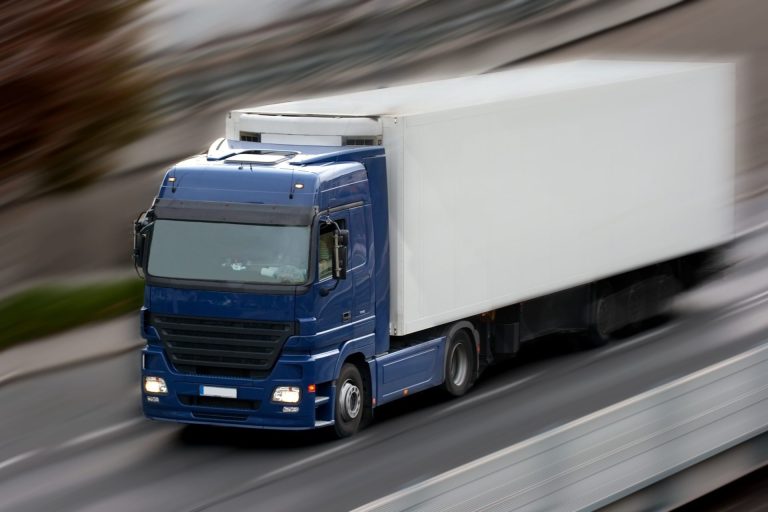

Provides Insurance Options
Truckload Shipping allows you to have insurance options to safeguard your transported goods. Now, you might be skeptical about the need for insurance, but you need to remember that anything can happen to your goods while on the road. Natural disasters, misplacement, damage, or accidents are all possibilities that you need to prepare for and include in your insurance plans.
Ensures Efficient Delivery
If business owners opt for Full Truckload Shipping, they can get their goods transported without multiple stops and handling procedures. Ordinary truckload shipping options might have multiple stops for other companies, but Full Truckloads have direct deliveries and offloads through minimal handling. Your products can then reach stores or warehouses with minimal damage and leave your business premises in the same packing and condition.
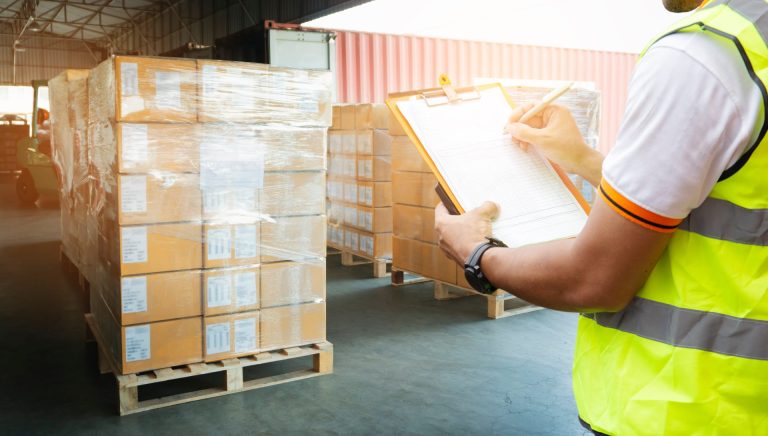
Challenges of Full Truckload Shipping
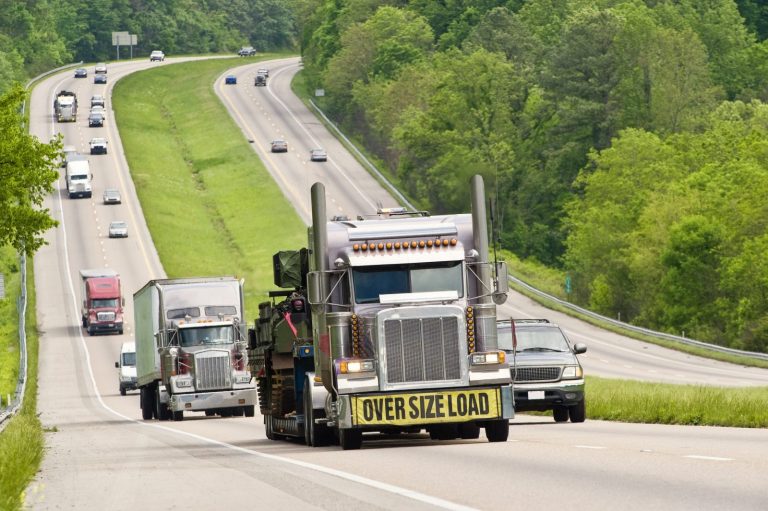
Tight Capacity
Capacity is one of the most challenging aspects to overcome when it comes to shipping. Although it is a more significant issue for LTL shipping, FTL or full truckload is at just a disadvantage. With e-commerce on the rise, planning for shipping is more essential than ever as space is harder to come by. For small to mid-sized businesses to find any truck availability when larger companies are booking them in mass.
What kind of workaround should you implement to combat this issue? As mentioned above, advanced planning is crucial. With capacity already tight as it is, it’s not going to get better anytime soon. Get a head start now.
Higher Rates for Low Volume Markets
The rates for full truckload rarely stay consistent, in contrast to LTL, where the National Motor Freight Traffic Association (NMFTA) sets regulations. The rates are very much dependent on the market’s swing, and markets with low volume will result in higher full truckload charges than in-demand markets. When a shipper uses a vast array of individual truckload carriers, it’s essential to use a committed transportation management system to make sure everything is smooth-running.
Loading and Unloading Charges
One hurdle that many in full truckload shipping run into is the time it takes unloading and loading goods onto a trailer. Carriers typically allot just two hours for loading and two hours for unloading (for a total of four hours), and if the time limit exceeds the four hours, you see an extra charge. Make sure to package your freight correctly and have it all settled and ready at the dock before initial loading to ensure you don’t incur any of these additional fees.
The Future of Full Truckload Freight
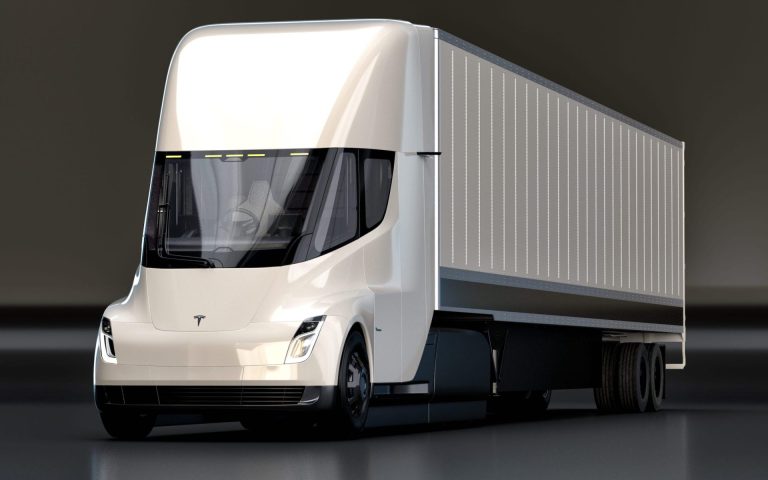
Technology Usage
Researchers expect technology will play a significant role in how the full truckload industry shifts in the next few years. Those in the technology industry have noticed the opportunity here and are ready to take advantage of the changes.
Workforce Evolution
Fewer people are opting to work as truck drivers, and researchers expect that trend to continue. The bulk of truck drivers have reached retirement age and are transitioning into another life stage, or others are just choosing a different career. It appears that generation Z won’t help this dwindling number either.
Self-Driving Trucks
With truck driver numbers dwindling, the capability for self-driving trucks is on the rise. Many companies are behind this initiative as labor accounts for about 75 percent of overall shipping costs. Reducing that overall number has obvious positive benefits. Debate is still out on whether these driverless trucks are currently a safer option, but advancements are sure to be made as time passes.
Conclusion
Truckload Shipping is considered one of the most cost-effective shipping methods in third-party logistics. It can help businesses grow with ease, speed, and efficiency.
If you choose to transport your products through a truck trailer, you can get them from the factory to the store in no time.
Contact us today to learn more about the difference R2 Logistics can make for your supply chain.
